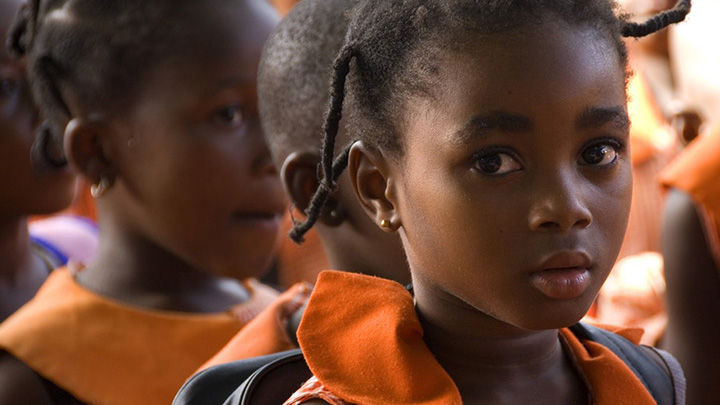Many survivors of child violence and abuse in Ghana receive very little support in the area of medical, psychosocial and legal services. In cases where these services are available, they are mostly offered separately with no effective coordination or timely investigations which most of the time leads to poor or no prosecution of perpetrators.
The Ghana Child and Family Welfare Policy recognizes the disjoint between laws and policies that seeks to address and protect children and the actual implementation of those laws. As contained in the revised Child Welfare Policy document 2015, emphasis would be placed on implementing new and strengthening already existing child protection systems and programmes that aim at preventing and protecting girls and boys from all forms of violence, abuse, neglect and exploitation.
One of the most effective child protection mechanisms in the development setting is the One Stop Centre (OSC) model. The model originated from Malaysia but it is now operational in several countries in South Asia and Africa. The centre is usually located in a health facility typically the emergency centre, or could also be a stand-alone facility within or near the collaborating hospital and provides multi sectoral case management for survivors, including Health, Welfare, Counselling, Police and legal services all in one location.
From the perspective of the child and her/his family, this kind of collaboration helps to avoid the trauma of repetitive narration of the incident to different people, at different times and different places. This model makes reporting of child abuse cases much easier for survivors and their families thereby providing the enabling environment for them to thrive. It enhances coordination among social services, Law enforcement and medical professionals which in turns helps speed up legal processes and increase prosecution of perpetrators. This also helps to create safer environment and increase overall citizens’ trust and assurance in the justice system.
Kenya, Zambia, South Africa, Rwanda, Cote D’Ivoire and the Zanzibar, the semi-autonomous region of Tanzania are some of the African countries currently running the integrated system where young victims are offered secured, comfortable and confidential services including protection from further violence, crime investigations, medical testing and court referrals as well as treatment for physical and psychological trauma in a coordinated manner.
The Zanzibar One Stop Centre model falls under the Zanzibar Children’s Act. It pioneers a comprehensive child rights law covering custody; foster parenting; guardianship as well as the roles and responsibilities of professionals and institutions in providing services for children. It also deals with children in need of care and protection and those in conflict with the law. The act won the Gold Award at the World Future Council’s Future Policy Award 2015.The Future Policy Award was instituted to celebrate policies that create better living conditions for current and future generations.
The 2015 Award sought to highlight innovative laws and policies that contribute to promoting, realizing and securing children's rights to provision, protection and participation. The Zanzibar Children’s Act laid the foundation for a coordinated child protection system in the country while also implementing a range of obligations under regional and international conventions on the rights of the child.
Such progressive and holistic laws and policies offering long term solutions to the challenges of the world are what the World Future Council advocates and supports to raise awareness and replicate in other countries to help protect the rights of the current and future generations. Ghana and some other sub-Saharan countries attended the World Future Council international conference on Child Protection in Zanzibar last year. Ghana has shown interest in exploring the possibility of establishing the One Stop Centre and stakeholder engagements are currently underway in Ghana.
The World Future Council undertook a scoping mission to Ghana in September 2017 and a technical workshop for the core stakeholders on the establishment and management of the centre is scheduled for the fourth week of November. The OSC when successfully introduced in Ghana will help the effective implementation of the Ghana Child and Family Welfare policy as well as strengthen child protection services that meet international best standards in the country.
Note to editors
Contact person for further information
Ramana Shareef
Communications / Rights of ChildrenWorld Future Council
Dorotheenstraße 15
22301 Hamburg
Germany
Tel: +49 40 307 09 14 - 24
Skype: ramana.shareef
E: This email address is being protected from spambots. You need JavaScript enabled to view it.
www.worldfuturecouncil.org│www.worldfuturecouncil.org/de│www.futurepolicy.org
Sidebar
Magazine menu

 Teline V
Best News Template For Joomla
Teline V
Best News Template For Joomla
18
Thu, Apr
0
New Articles










